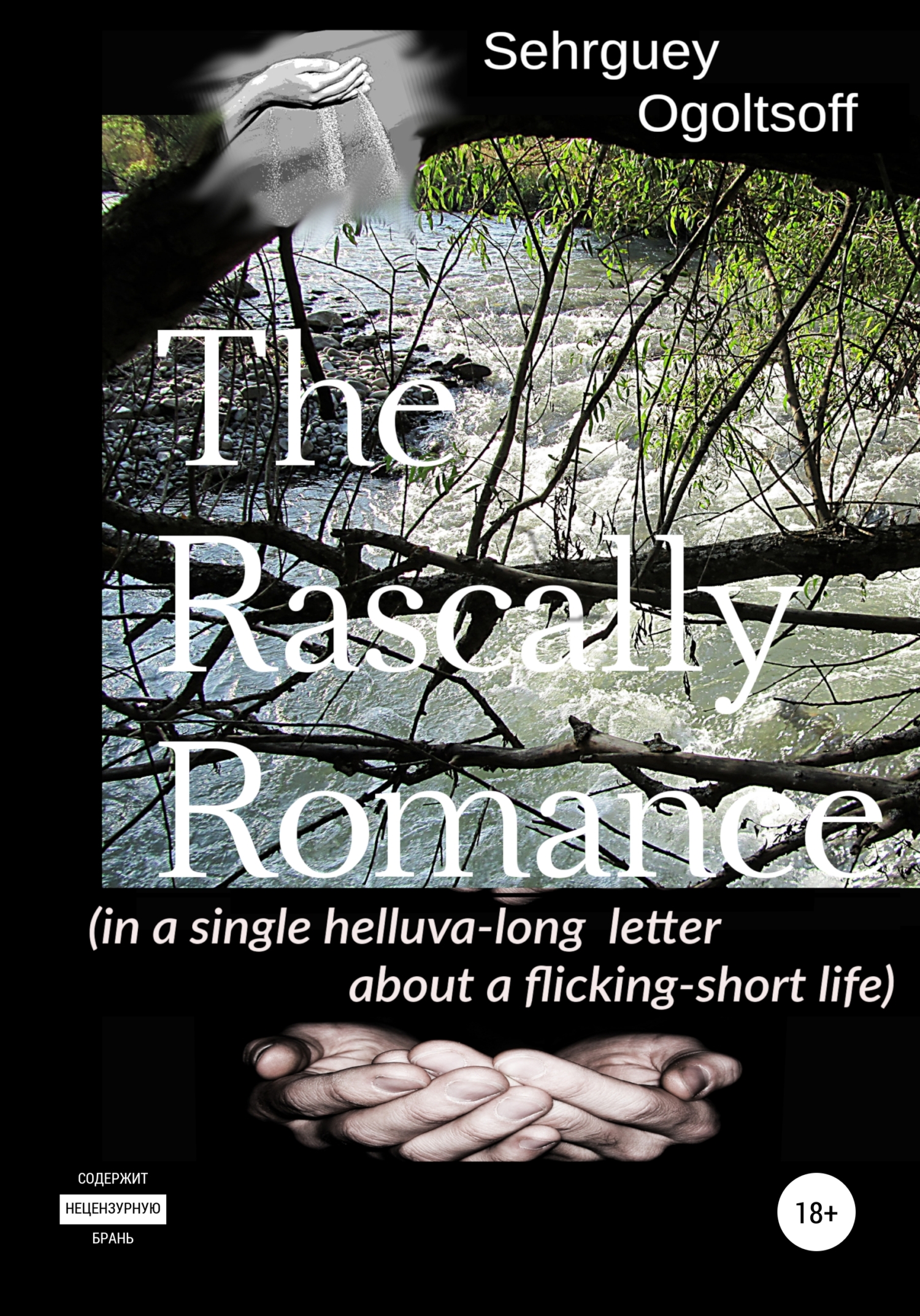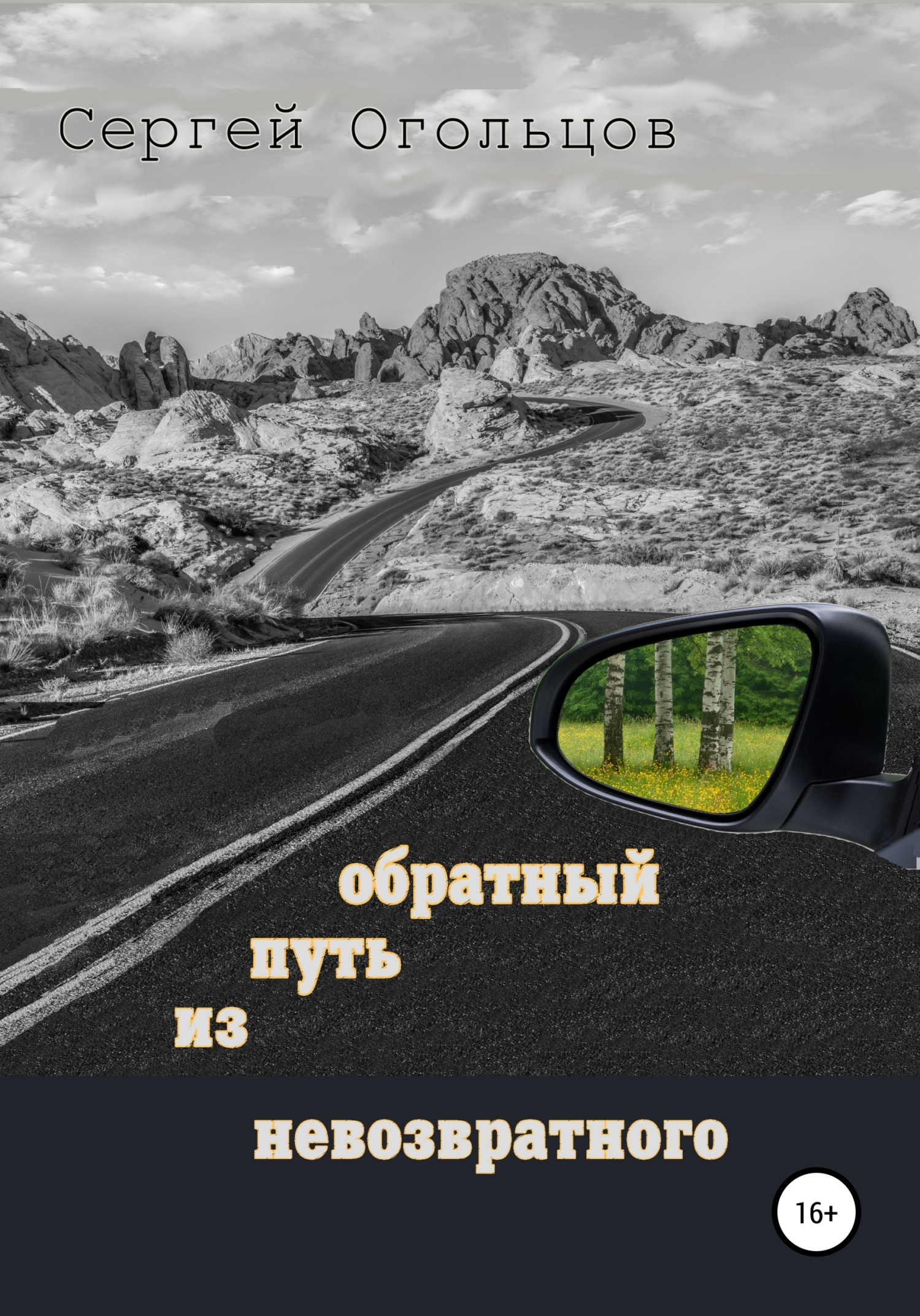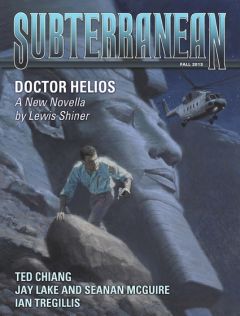Service of Russia which, as well as the Committee of National Security of Armenia, is that same KGB in a refreshed make-up. Squaring up on the federal level.
(Not impossible.)
At that particular stage in the struggle for the Mountainous Karabakh independence which started back in the 1920s after General Secretary Stalin generously presented this part of the Caucasus, as well as its Armenian population, to the Soviet Azerbaijan, the Supreme Council of the self-proclaimed Republic of the Mountainous Karabakh was located in the building of the former Executive Committee of the Autonomous Region of Mountainous Karabakh facing the greens in the round square of Pyatachok (‘5-kopeck coin’ in Russian).
The Press-Center by the SC of RMK was one room with one window, one door and two sizable desks (yes, put in the shape of capital ‘T’) on the second floor to the right. The staff comprised the Press-Center boss Guegham, his secretary Aghavnee, the operator of professional video camera Bennic, and the analyst-translator Sehrguey.
The room was constantly packed with dense cigarette smoke and multi-national media correspondents, both in groups and solo dare-devils, equipped with photo- and video cameras, rucksacks and other traveling necessities, arrived from the former brotherly camp of socialism now transfigured into free European states to witness that the old bogey of the USSR was there no more. Although, even from outside, it was already clear that the great Union of the Republics of Victorious Socialism with Human Face (to distinguish it from the Sweden counterfeit, or the repulsive Made-in-China sham by Chairman Mao) got safely palsied, collapsed and disintegrated, it still was interesting to check how fared the Mountainous Karabakh Armenians. They were the first to throw the spanner under the hood of the Soviet terror machine and rally for the mass meetings on the Stepanakert main square in front of the Regional Committee of the CPSU building. The crowd filled the square, people were chanting, “We de-mand!”, “We de-mand!”, they held the posters of a clenched fist and their own live fists aloof in the air over their heads.
To keep in line with the internationally approved practices for such occasions, the Regional Executive Committee voted for sending to both Baku and Moscow the petition to transfer the region under the jurisdiction of the Armenian Soviet Socialist Republic. Everyday rallies on the main square went on until they were reacted to. No water cannons, neither tear gas was used to disperse the meetings in Stepanakert. The development unheard of in all the time under the Soviet rule was answered in another city.
The Sumgait tragedy. The 3 days and nights of pogroms in the city 36 kilometers, 42 minutes, from the Baku city, the capital of Azerbaijan. 3 days of killings, rape, torture, dropping people from their apartment-blocks balconies, pulling with motorbikes noosed baby corpses, you name it.
It was unthinkable, the like atrocities could only happen in some faraway Rwanda, or Jakarta but not in our united mutual Homeland. 3 days and nights of genocide when they break the door of your home, do unspeakable things to your family before your eyes and finally murder you just because your last name ends in ‘-ian’. Ironically, there were ‘-ians’ in the gangs of beasts too because Sumgait, the city of youthful oil-drillers, was built by zeks many of whom stayed living there after doing their time, in best tradition of Soviet urban planning: Zona breaks the ground for a town to grow up.
When ex-zeks and ‘chemists’ were set loose, lots of ordinary Azeri citizens joined the crowd, other Azeri citizens were giving shelter and hide-outs to their neighbors of Armenian origin. Humanity and nationality are different things.
After the 3 days-and-nights of ticking by, the units of the Soviet Army restored order in the city of Sumgait… End same year Mikhail Gorbachov was elected the first President of the USSR which at once disintegrated into a number of independent states because in too many places people started to chant, “We de-mand!”. In short, they became independent states, The USSR collapsed and the Armenians of the Mountainous Karabakh had to defend their land and lives in the war for independence while all kinds of correspondents from the international (mostly European) mass-media arrived from Yerevan (the capital of the independent Republic of Armenia) to Stepanakert (the capital of the self-proclaimed-but-never-recognized Republic of the Mountainous Karabakh) by choppers flown at night to avoid being shot at in the toombs and finally handed their business cards to Guegham who dumped them in the drawer in his desk full of heaps of the like pieces of paper.
By the same night flights, yet seldomer, there arrived activists of different political parties that hugely proliferated in the prominent regions and capitals of the former USSR to enhance their personal political rating, like, ‘I have been in the warring Karabakh!’. There were neither hotels nor restaurants in Stepanakert but lots of artillery and rocket shelling plus aviation bombardments at that time, so the visitors of both kinds did not stay for long (except for the 2-meter tall blonde of a Viking from Holland who lost his way in the toombs and was captured by the Azeri combatants but a week later returned to the same forest and directed along the road to the nearest Armenian village because the representatives of mass-media and international community presented the Baku authorities with strong demarches on his behalf).
The champion of long-term staying became an engineer from Moscow who arrived to simply see his relatives. He lingered in Stepanakert for about 10 days. His parents moved to Moscow when he was just a child and during his marathon stay, he sometimes visited the Press-Center room to pull a chair from the row lined by the wall and draw it to my end of the subordinate desk so as to chat in Russian which since long had become his native tongue, while the rest Check-Greek-Hollandian-Estonian-(you-name-it) crowd sat around Guegham's desk smoking their cigarettes and exchanging enthusiastic clues in Mass-Median… Oh! Sorry! Not all – the Hollander was a



